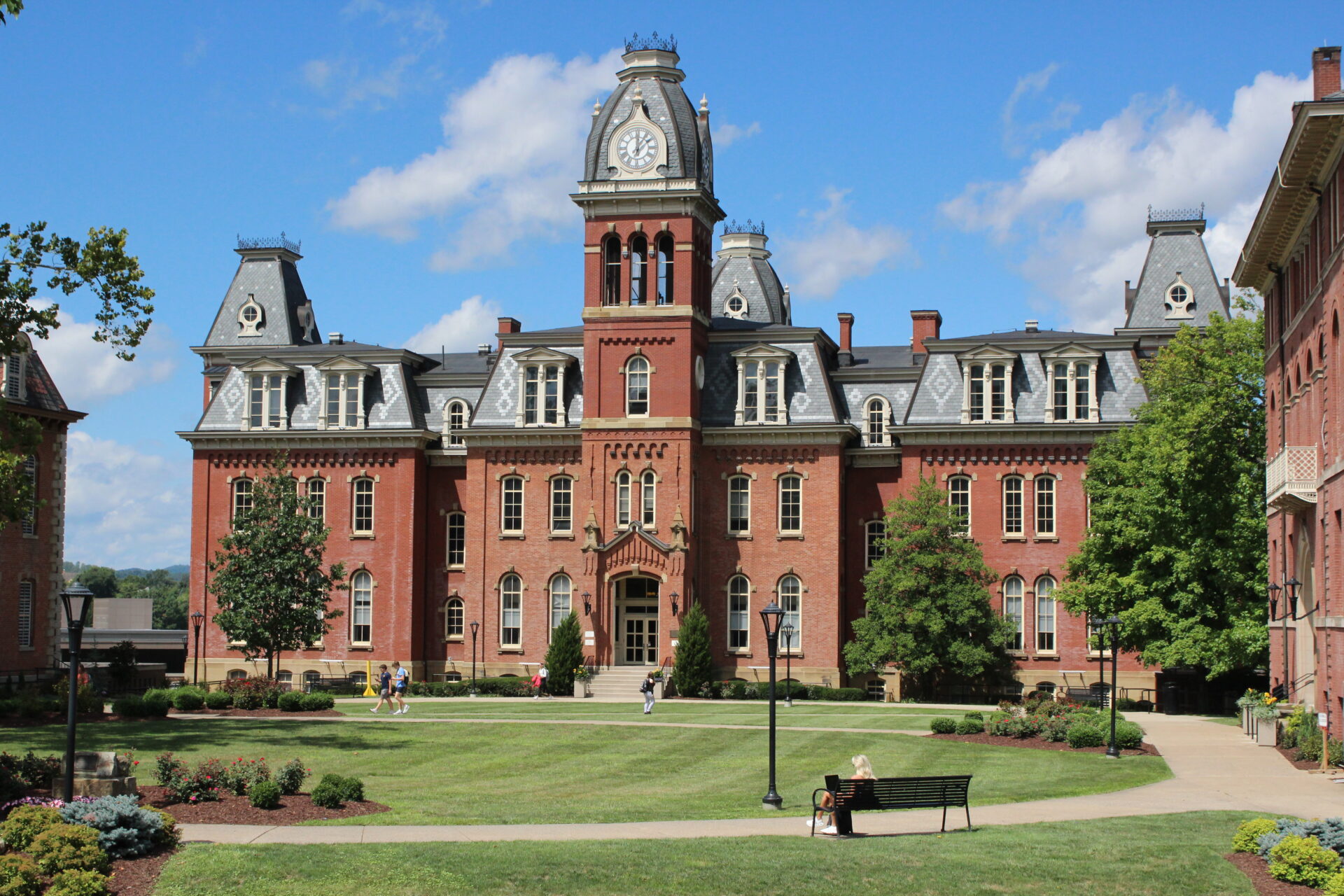Faculty members at West Virginia University (WVU) have started to learn whether or not their contracts will be renewed.
In response to a $45 million budgetary shortfall, WVU determined last month that it needed to cut 143 faculty positions, called reduction in faculty (RIF).
However, at Monday’s WVU Faculty Senate meeting, Provost Maryanne Reed announced a significant number of faculty — 74 — have voluntarily retired or resigned from the university.
“If there’s any good news, it is that the number of faculty who will be receiving their RIF notices has been reduced by a little over 50 percent,” she said.
That leaves 69 faculty yet to be dismissed.
“I realized that is of little solace for the family of those faculty members who will be losing their positions,” Reed said. “I recognize this is going to be very difficult on those individuals and their families.”
Much of the meeting was taken up by questions from faculty senators to administrators regarding the process and appeals for a reduction in force.
President Gordon Gee was asked how the university is planning to avoid future cuts.
“I cannot predict the future, although I can predict that this transformation process will allow us to have an opportunity to be more forward leaning,” he said.
Gee said the academic transformation will position the university to be competitive and continue to grow and invest. He also pointed to a new state funding formula that will be helpful “to look into the future in a much more positive way.”
Faculty members did not seem satisfied with Gee’s answers. Daniel Totzkay, senator for the Eberly College of Arts & Sciences, reiterated the question again later in the meeting.
“We’re here because we had a $45 million budget deficit,” he said. “How do we not get there again?”
Gee said that the academic transformation process was accelerated by the university’s financial problems, but began before as a response to a changing landscape in higher education.
“Can I guarantee that we’ll no longer have budgetary problems? Of course not,” Gee said. ”But I can guarantee that we’ll work to grow our budget, that we’ll work to put ourselves in a much more competitive position.”
Rob Alsop, WVU’s vice president for strategic initiatives, gave more detail regarding the implementation of new budgetary practices, including a new budgetary model.
“Additionally, we are seeking to enhance the reporting from a budgetary perspective,” he said. “There will be more reporting publicly about, ‘How do our revenues look coming into the fall? What do our expenses look like over the first couple of months going forward?’ And so, what we have done in the past, that we’re redoubling our efforts moving forward, is to be more aggressive and looking at leading indicators.”
